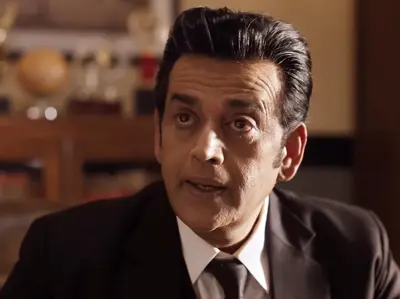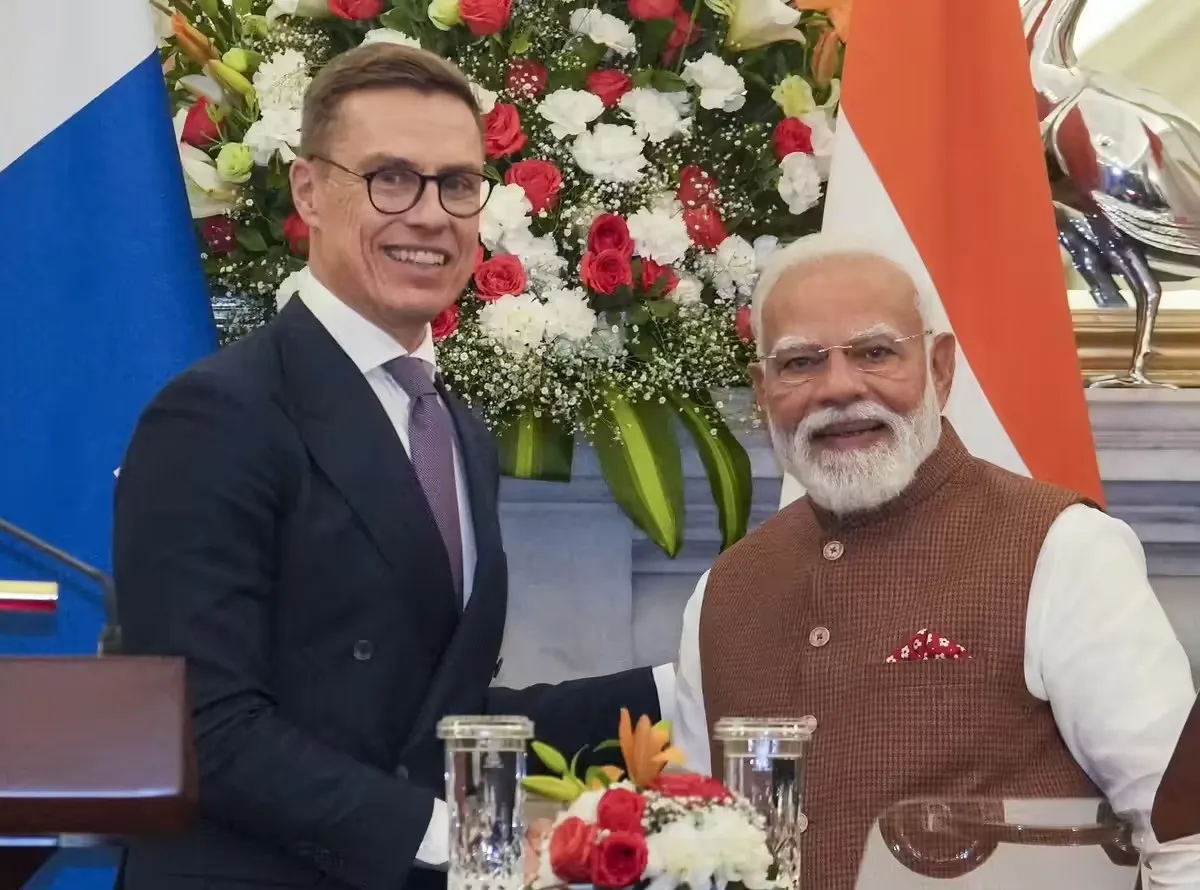

Global leaders gather in New Delhi for critical geopolitical discussions.
Prime Minister Narendra Modi officially opened the 11th edition of the Raisina Dialogue on Thursday in the national capital. This year, the Prime Minister was joined by Finnish President Alexander Stubb, who is serving as the Chief Guest for the high-profile three-day summit. External Affairs Minister S Jaishankar also attended the inaugural session, highlighting India's growing influence in international diplomacy.
India’s flagship conference on geoeconomics and geopolitics is centered around the theme "Samskara - Assertion, Accommodation, Advancement." This year’s event features an impressive turnout, with representatives from 110 different nations. The attendee list includes former heads of state, military leaders, industry experts, and young innovators, all coming together to debate the most pressing issues of our time.
Organizers have structured the 2026 dialogue around six essential thematic tracks. These pillars cover a wide range of topics, including:
Established in 2016, this annual event is hosted by the Observer Research Foundation (ORF) in collaboration with the Ministry of External Affairs. It has evolved into a premier platform where global decision-makers exchange ideas and build consensus. While 2,700 participants are attending the sessions in person, millions of viewers from across the globe are expected to tune in digitally to witness the shaping of future international policies.